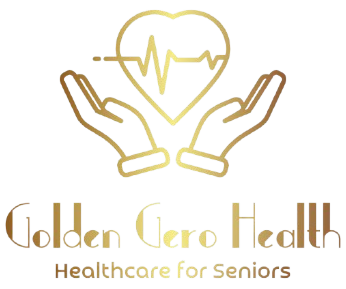Book Appointment Now

Good morning, everyone!
It is a pleasure to be here with you today to talk about something that concerns us all—our heart health as we age. Whether you are in your sixties, approaching that milestone, or have loved ones in this stage of life, understanding how the heart changes with age is important. The good news is that while aging does bring some natural changes to our cardiovascular system, there is a lot we can do to stay healthy, active, and independent.
How Does the Heart Change with Age?
As we age, our heart and blood vessels naturally change. These changes may not always cause noticeable symptoms, but they do increase the risk of heart disease, high blood pressure, and circulation problems. Let’s go through some of these key changes:
- The Heart Muscle Stiffens
- The heart works harder to pump blood, leading to mild thickening of the heart walls.
- This can reduce the heart’s ability to relax and fill with blood properly, making us more prone to high blood pressure and heart failure.
- The Arteries Become Less Flexible
- Over time, arteries lose elasticity, making it harder for blood to flow smoothly.
- This contributes to high blood pressure (hypertension), which is common in older adults.
- Slower Heart Rate Response
- In younger people, the heart speeds up quickly when they exercise.
- With age, the heart doesn’t adjust as fast, making activities feel more tiring.
- Increased Risk of Arrhythmias
- The electrical system of the heart can become irregular, leading to palpitations or an uneven heartbeat such as Atrial Fibrillation.
- Higher Risk of Dizziness & Falls
- The body takes longer to adjust blood pressure when standing up, which can cause dizziness or fainting (orthostatic hypotension).
Now that we understand these changes, the important question is: How do we manage them?
How to Keep Your Heart Healthy After 60
The heart is a muscle, and like any muscle, it needs proper care and exercise. Here are the best ways to keep it healthy:
- Stay Active – Exercise is Medicine
- Aim for at least 30 minutes of moderate activity (like walking or cycling) five times a week.
- Strength training is also beneficial—it helps circulation and keeps blood pressure under control.
- Even simple activities like gardening or dancing can keep your heart strong.
- Eat for Your Heart
- Choose a Mediterranean-style diet:
✅ More fruits, vegetables, whole grains, and healthy fats like olive oil.
✅ More fish and lean proteins, less red meat.
✅ Reduce salt and processed foods to prevent high blood pressure.
- Keep Blood Pressure & Cholesterol in Check
- High blood pressure and cholesterol can damage arteries and increase heart disease risk.
- Have regular check-ups to monitor your numbers.
- If needed, your doctor may prescribe medications to keep levels in a safe range.
- Stay Hydrated & Avoid Sudden Position Changes
- Drink enough water to maintain good circulation.
- Stand up slowly to prevent dizziness and falls.
- Get Enough Sleep & Manage Stress
- Poor sleep can raise blood pressure and affect heart health. Aim for 7–9 hours of good-quality sleep.
- Relaxation techniques like deep breathing, meditation, and social activities help reduce stress and keep the heart calm.
- Stop Smoking & Limit Alcohol
- Smoking speeds up the stiffening of arteries, increasing the risk of heart attacks and strokes. Quitting at any age makes a big difference!
- Alcohol should be limited to one small glass per day or avoided entirely.
- Regular Health Check-ups
- Annual screenings, such as blood pressure checks, cholesterol tests, and heart function tests, help detect problems early.
- If you experience chest pain, breathlessness, or irregular heartbeat, seek medical advice immediately.
Final Words: Aging with a Strong Heart
Aging is a natural process, and while our heart may slow down a little, it doesn’t have to stop us from living a full and active life. Small lifestyle changes can add years to your life and life to your years!
Your heart has been beating for over 60 years—let’s give it the care and respect it deserves. Start today: move more, eat well, and check your health regularly.
Thank you, and here’s to healthy hearts and happy lives! 💙

